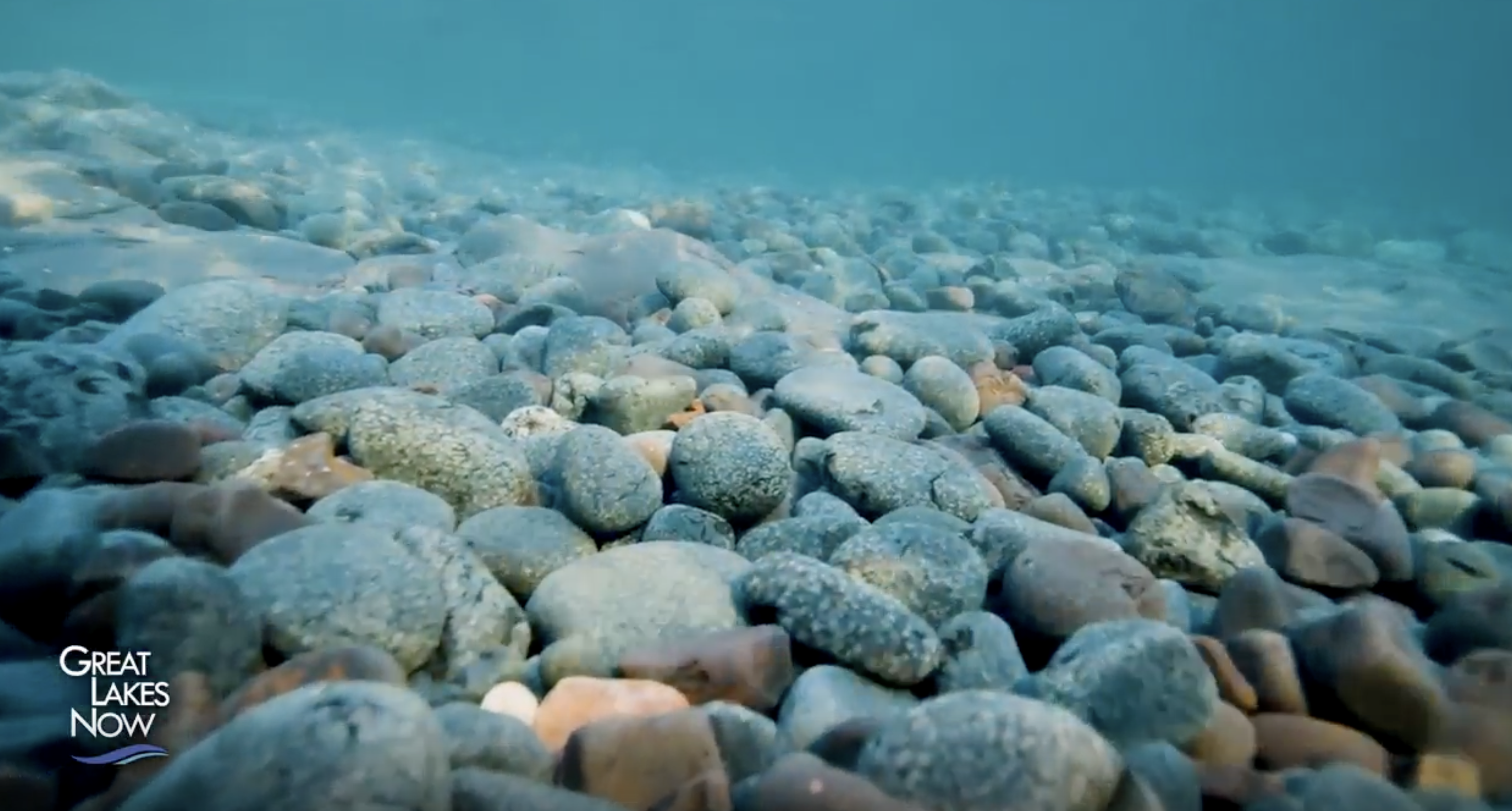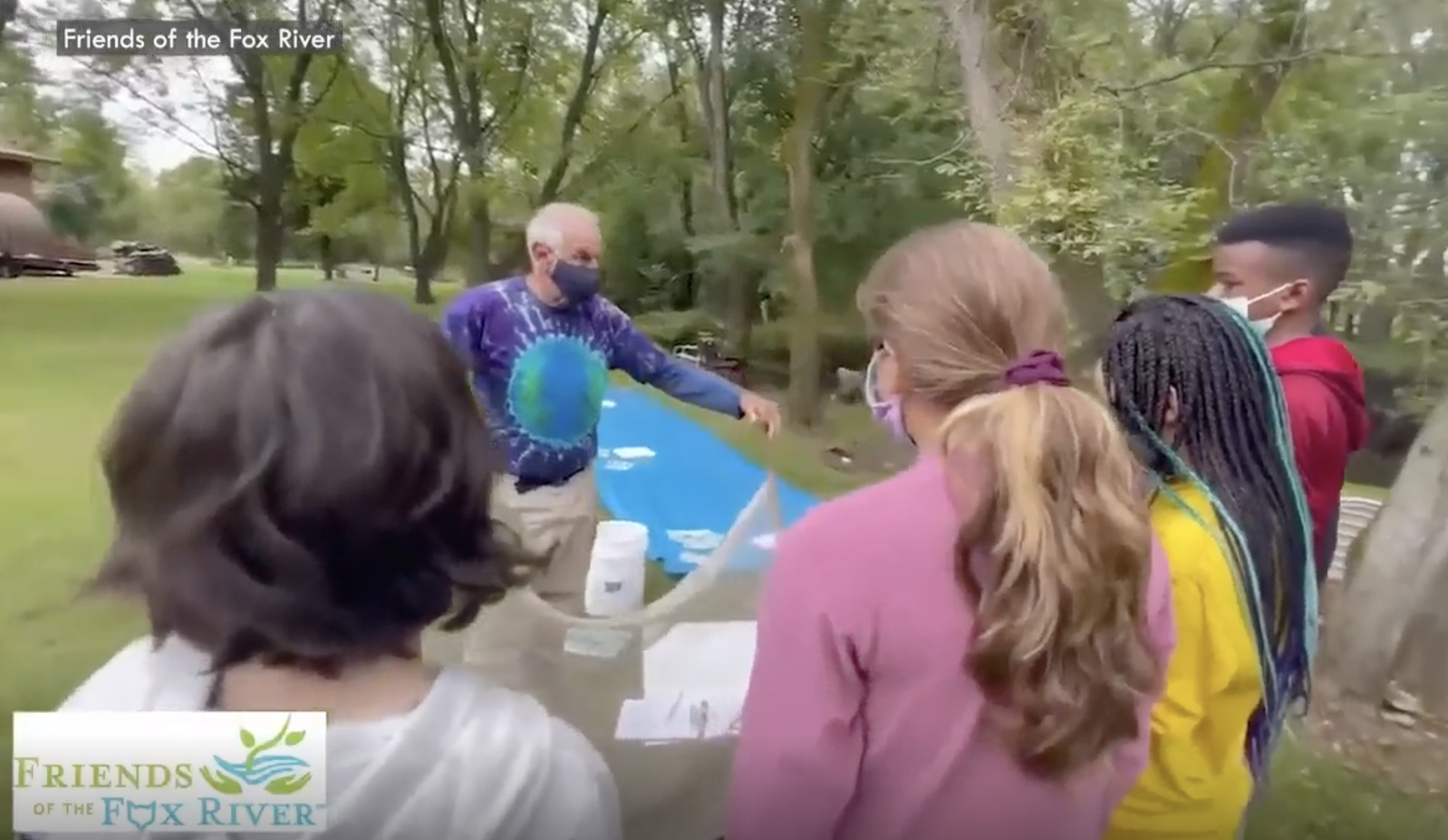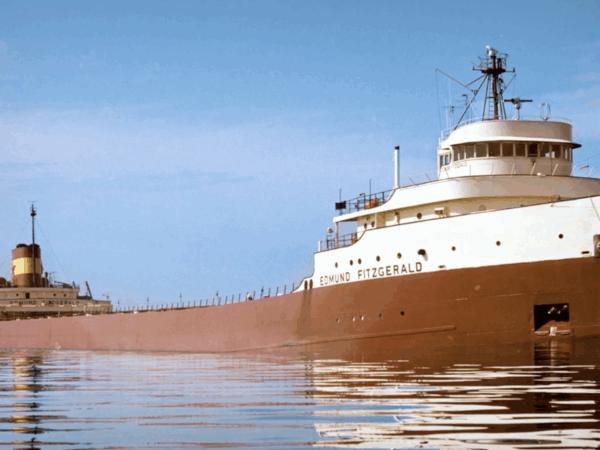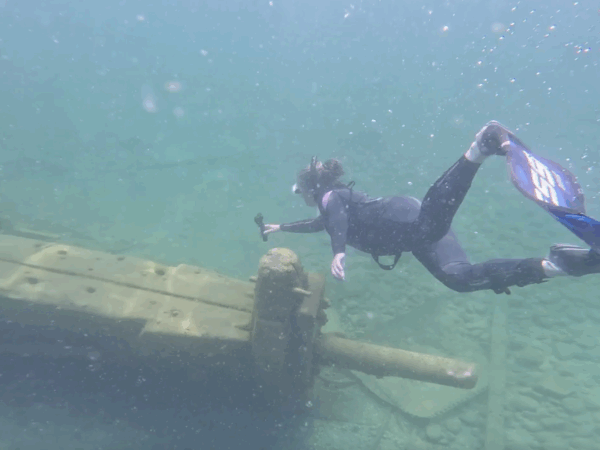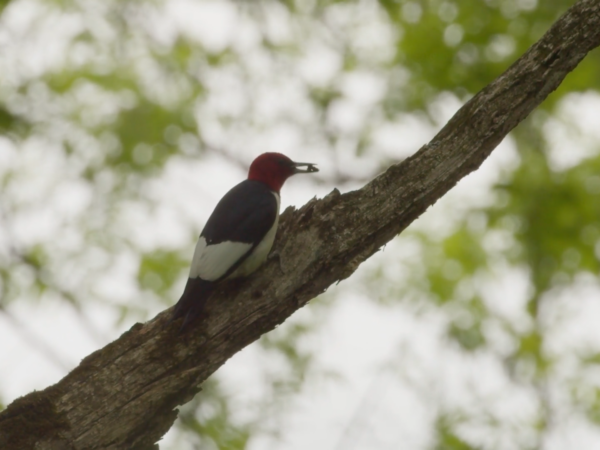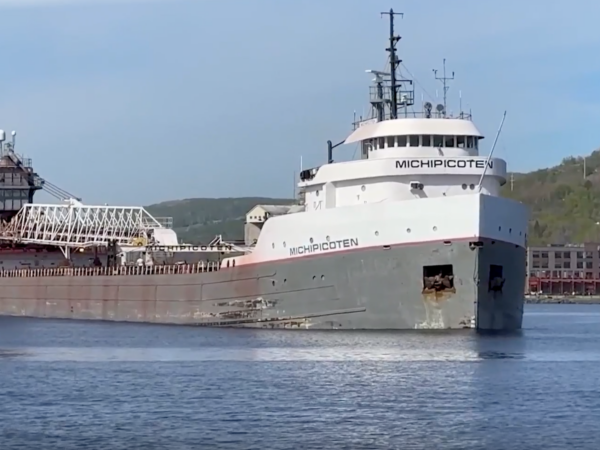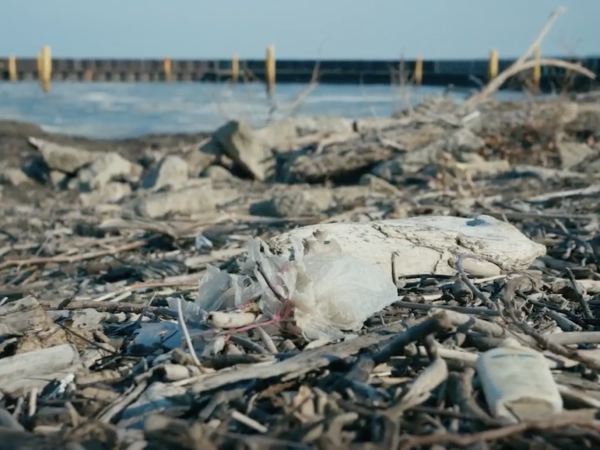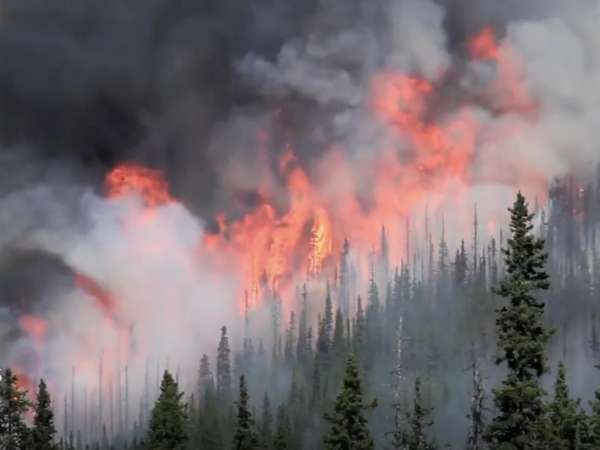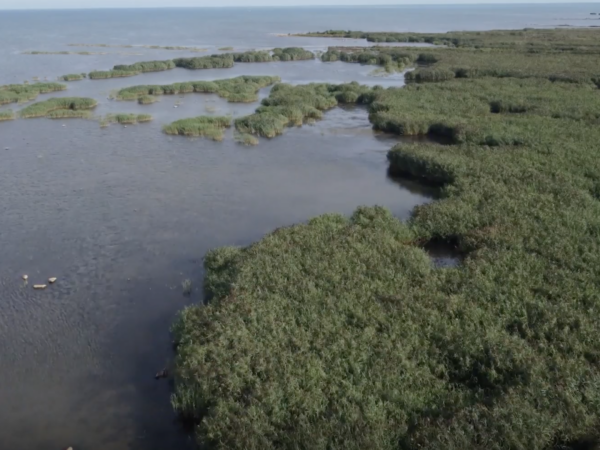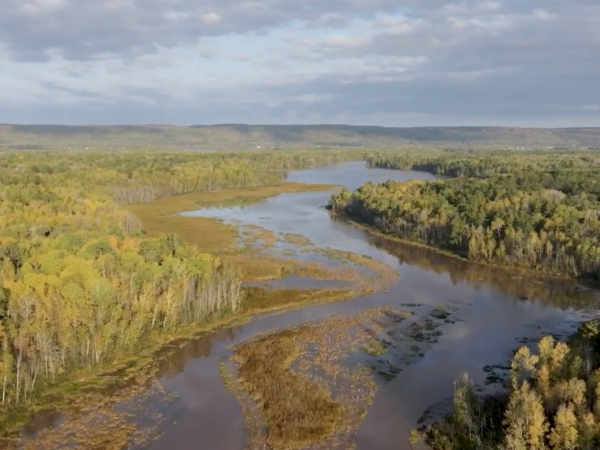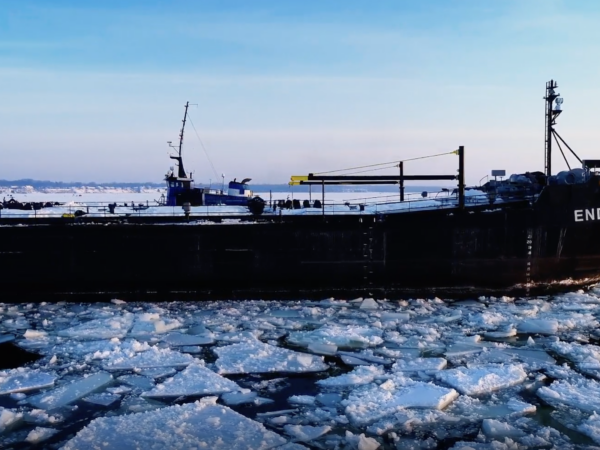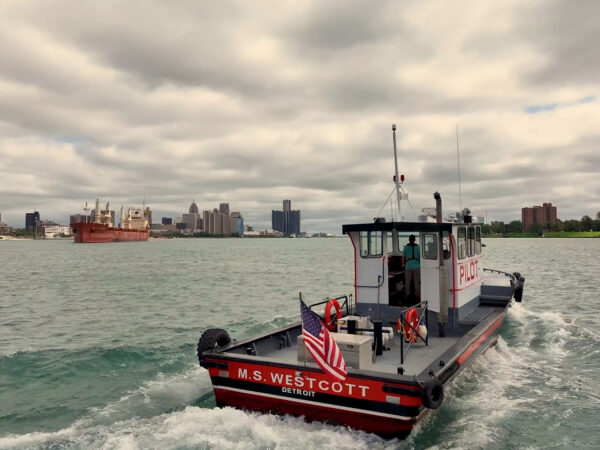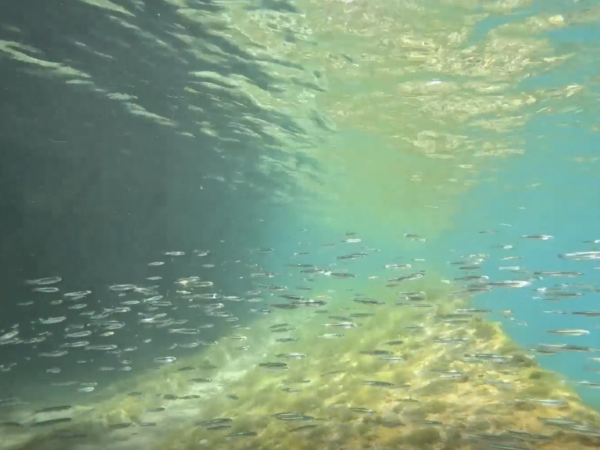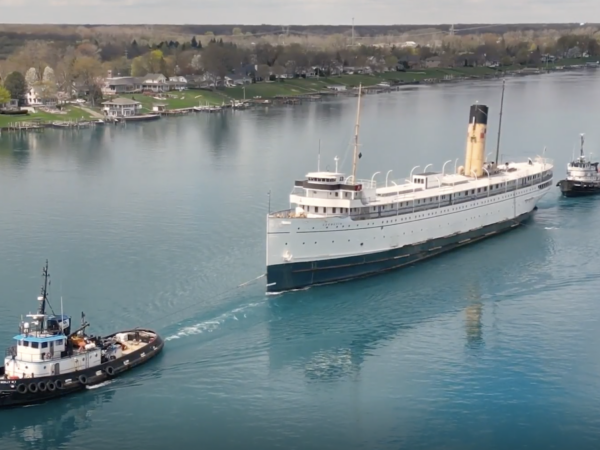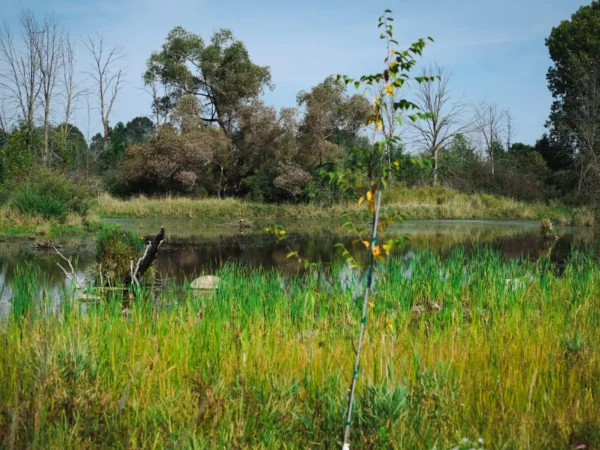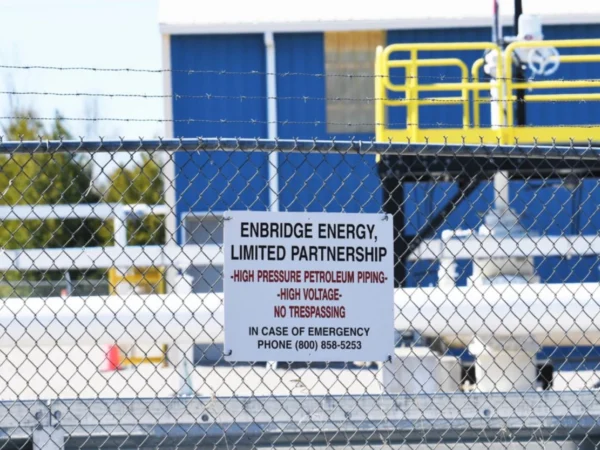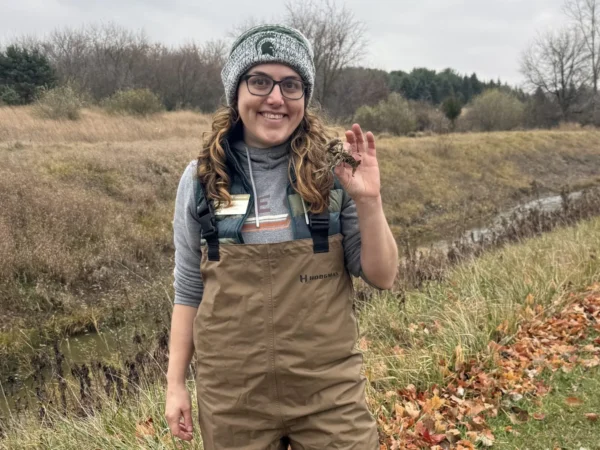IN THIS EPISODE:
In this episode of Great Lakes Now, meet the invasive crustacean that has Ontario experts on high alert. Plus, learn how rising temperatures are impacting Lake Superior.
When to Watch?
Check your local station for when Great Lakes Now is on in your area.
Meet the Marbled Crayfish
SEGMENT 1 | Burlington, Ontario
There’s an invasive species in Ontario that has wildlife experts on high alert. It reproduces asexually and can lay 500 eggs at a time. Meet the marbled crayfish.
The marbled crayfish was popular in the aquarium trade as both a pet and as fish food. Since 2022, it’s been listed as a prohibited species under Ontario’s Invasive Species Act, meaning it could not be bought, sold, traded, or kept in home aquarium. But that hasn’t stopped the marbled crayfish from invading Ontario’s waterways.
For more than 30 years, Ontario’s Invading Species Awareness Program has been on the frontlines in the fight against invasive species. Learn how they’re tackling this new threat to Ontario’s ecosystems.
Lake Superior’s Warming Waters
SEGMENT 2 | Duluth, Minneapolis
When describing Lake Superior, it’s not uncommon to use adjectives such as HUGE, DEEP, and most popular COLD. But climate change brings a surprisingly new descriptor to the list… WARM!
As daily average temperatures rise around the globe, the world’s largest lakes are feeling the effects of climate change. Here in the United States, Lake Superior – which is the largest, deepest, and coldest Great Lake – is among the fastest warming of the world’s large lakes. Join us as we investigate the effects and implications of our changing climate on Lake Superior.
In this segment, Filmmaker John Shepard of Hamline University’s Center for Global Environmental Education talks about his documentary A Sea Change for Superior: The Warming of the World’s Largest Lake. His film examines the vulnerability of Lake Superior and how the warming of its’ water impacts residents, scientists, and the ecology of the lake and surrounding ecosystems. Most notably resulting in less ice coverage in winter, extreme weather, and hazardous algal blooms.
The Catch: News about the Lakes You Love
SEGMENT 3 | Great lakes watershed
This segment- The Catch- in our award-winning PBS program will help keep you in the know. This month, discover why 2023 was a record-setting year for shipwreck discoveries in Wisconsin’s waters, learn about the transformation of Detroit’s riverfront, and meet Gary Swick, president of Friends of the Fox River.
In 2023, 13 shipwrecks were discovered in Wisconsin’s Lake Michigan waters, blowing away the previous record of 4 discoveries set in 2015. Caitlin Looby covered the story for the Milwaukee Journal Sentinel. “Shorelines in the Great Lakes are really dynamic, and water levels fluctuate from year to year,” Looby said. “From the record low water year in 2013 and the record high water year in 2020, and then the water moving back down to near average today. It’s possible that caused the sandbars to shift dramatically and uncovering more shipwrecks in shallower waters.”
Throughout the Great Lakes, cities are dedicating resources to make their waterfronts more accessible to residents and tourists. We spoke with Mark Wallace, president and CEO of the Detroit Riverfront Conservancy, about the transformation of Detroit’s waterfront, which is the subject of a new documentary. “The Riverfront Conservancy was brought together to steward the transformation of the riverfront from a really neglected, industrial blighted area into a beautiful public space where everyone comes together, everyone feels welcome, and everyone feels a great sense of pride in the city of Detroit,” Wallace said.
Lastly, an excerpt from our digital series Waves of Change. Meet educator and president of Friends of the Fox River, Gary Swick. The Fox River is a tributary of the Illinois River and flows over 200 miles from southern Wisconsin to Ottawa, Illinois. Swick has advocated for the river and used it as a classroom since joining the Friends of the Fox River in 1991. “The Fox River was categorized as an impaired waterway in the early 2000s, and that is synonymous to a plant or animal getting the status of an endangered species. That means that it’s a mandate to save that and address that,” Swick said. “We’re educating and building a stewardship ethic with young people and hoping that they’re going to carry that forward.”
Featured Articles



